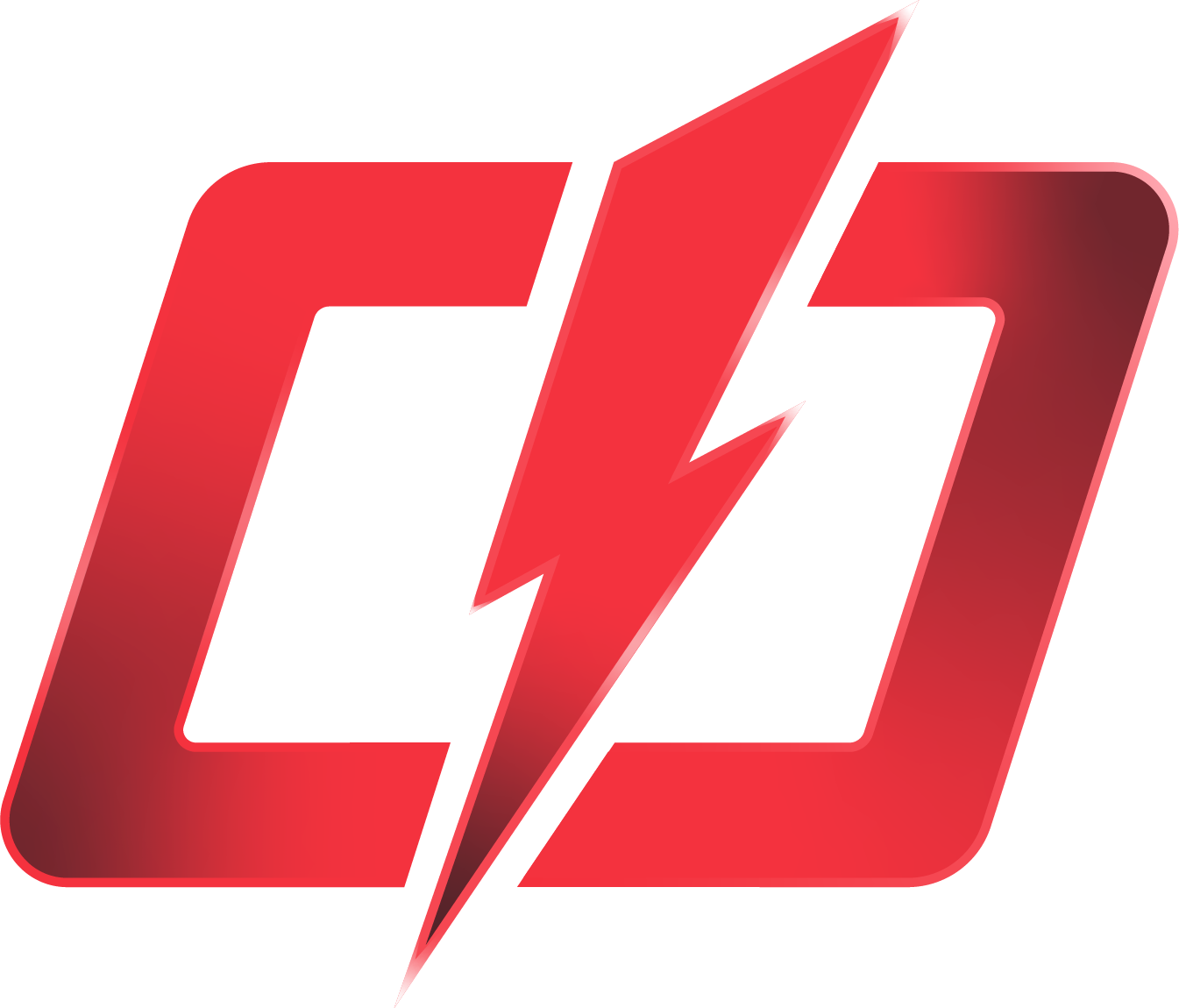As brand purpose continues to become a focus for CEO’s and CMO’s in the new economy, I thought it would be helpful to provide some context into the evolution of this often elusive term.
When new clients ask me “Adam… what is brand purpose and why should I care?” I’m often challenged and thinking about new ways to define this and constantly working to simplify and clarify my definition. Currently, I explain brand purpose as:
“It’s why you exist, it’s the authentic meaning behind why you do what you do. It’s what you believe in and what you’re willing to fight for to drive positive change in the world.”
I think it’s important to highlight that last statement, because it’s really one of the primary differentiators of how we understand brand purpose, and how it can be the most effective, authentic and relevant for purpose-led agencies and organizations in this day-and-age.
The Five Categories of Purpose
One of the many ways we help brands and organizations establish, understand or clarify their purpose is by using “The Five Categories of Purpose”. Originally coined by Jim Stengel (Global Marketing Officer for P&G from 2001 – 2008 and now CEO of the Jim Stengel Company), The Five Categories of Purpose provides businesses and leadership with a starting point or framework for defining their purpose and connects it with authentic human emotions. Not all brands need to fit into this – but it can certainly be a powerful tool to begin establishing and defining what your purpose is and what you need to do next to make it a reality.
The Five Categories of Purpose are:
- Evoking Pride
- Inspiring Exploration
- Enabling Connections
- Eliciting Happiness
- Impacting Society ←
When you hear these words, do any of them resonate with you? Do any of them start to help define what your purpose is or could potentially be? For some clarity, here are a few examples of different brands that associate themselves with each of these purpose categories.
- Evoking Pride: Lexus
This luxury car brand exists to instill in their audience a feeling of high-status, success and optimal performance. - Inspiring Exploration: Airbnb
Brands like Airbnb and Expedia exist to inspire people to embrace adventure and experience the world in new and exciting ways. - Enabling Connections: Verizon
Verizon’s core purpose is to “enable people to do more in the world” by connecting them through their network. - Inciting Happiness: Coca-Cola
The Coca-Cola Company used to exist to “incite joy and happiness” in everyday life. However, they have recently changed this to “Refresh the World – Make a Difference” – which is a step in the right direction for this sugar water behemoth. - Impacting Society ←
The 5th category of Impacting Society is what some would call the “new era” of authentic brand-purpose, and recent data is showing us that purpose-driven brands that are born of purpose and focused on driving positive change in the world, while at the same time driving shareholder value, are outperforming their competitors.
While the first 4 categories can be useful to establish or bring clarity to what your purpose is – there could potentially be some risk of pitfalls down the road. Let me explain:
Cancel Culture is very real – and purpose-led brands should be cognizant of this as they execute their marketing and storytelling strategies. Some experts claim that the first 4 categories turn a blind eye to the enormous challenges of our time that truly matter to people, and furthermore ignores the opportunity businesses have to drive positive change in sustainability, diversity and equality.
Let me be clear – having “a” purpose is better than having no purpose at all, but we do believe that to be truly relevant to consumers in this day-and-age and in the future, you need to be thinking about what is relevant in culture and in society as a whole. To be relevant, at its core brand purpose should include creating meaningful and positive change in peoples lives, in our communities or for the planet. And if you’re not taking current social, cultural or environmental issues into consideration – you could run the risk of looking inauthentic to your customers and employees and potentially less relevant in your category.
Here are a few examples of purpose-led brands/organizations (that are killing BTW) with a strong focus on impacting society and driving positive change in the world:
Seventh Generation
This eco-friendly cleaning supplies brand (recently purchased by Unilever) is committed to human health and the sustainability of the planet. Their mission to “transform the world into a healthy, sustainable & equitable place for the next seven generations”, has driven awareness, customer loyalty and led them to absolutely crush it in a very competitive category.
Ben & Jerry’s
If you’re having trouble finding an authentic purpose for your organization – this quirky ice cream brand is a great example of brand purpose innovation. Sure… they make ice cream, but below the surface and instilled in their values is a powerful belief that the key to long-lasting business success lies in the contribution of something to the world that goes beyond the product you’re selling.
Ben and Jerry’s has actively engaged, donated and partnered with NGO’s focused on social and environmental justice, and even has a dedicated team around the world focused on social mission.
Who Gives a Crap
One of my absolute favourites and brand that myself and countless other fans cherish. I highly recommend their new Blog “Talking Crap” for a great weekly read.
This premium toilet paper brand donates an astounding 50% (yes I said 50%) of their profits to ensure everyone has access to clean water and a toilet within our lifetime. Born of purpose and a Certified B Corporation, Who Gives a Crap is an inspiring example of brand purpose and storytelling that is relevant to the social and environmental challenges of our times.
Kapour Center
This social impact organization works to remove barriers to Science, Technology, Engineering and Math (STEM). They’re mission is to rebuild a more equitable tech sector, economy and society and make the technology and learning ecosystem more diverse, inclusive and impactful.
Kapour is an excellent example of an organization “born of purpose” and has taken a strong stance against a social wrong that needs to be right in the world.
Pela
Another brand “born of purpose” and making a huge splash in their category. This group of innovative, purpose-driven engineers and material scientists are committed to making products that are carbon neutral. They’re most well known for being the “inventors of the worlds most compostable mobile phone case”.
If you’re still not convinced that environmental issues are going to be relevant and top priority for your customers now and into the future – check this out: Pela’s most recent innovation is a product called Lomi – a small food composting appliance (I’m getting one of these) that has raised over 7 million on Indiegogo, sold over 20k units and became the most successful crowdfunding campaign of 2021. I think it’s safe to say this isn’t just a brilliant marketing campaign – but a powerful movement that is going to make some serious impact.
I am personally very passionate about this product and the potential it has for the planet. The Pela story is truly inspiring, a powerful testament to human ingenuity and what we can accomplish if we make climate change a priority.
It inspires me to think about the positive impact these brands are making on society while simultaneously driving good business, growing and thriving. While Evoking Pride, Inspiring Exploration, Enabling Connections and Exciting Happiness are arguably proven to be effective strategies for purpose-led brands, I think the courageous ones: the Challengers, the Changemakers and Movement Makers – will be the ones that will be more relevant, interesting, inspiring, garner more brand loyalty from their customers and employees, and endure for decades because of it.
Do you think impacting society should be on the radar for most businesses 2021?
I would love to hear your thoughts.

